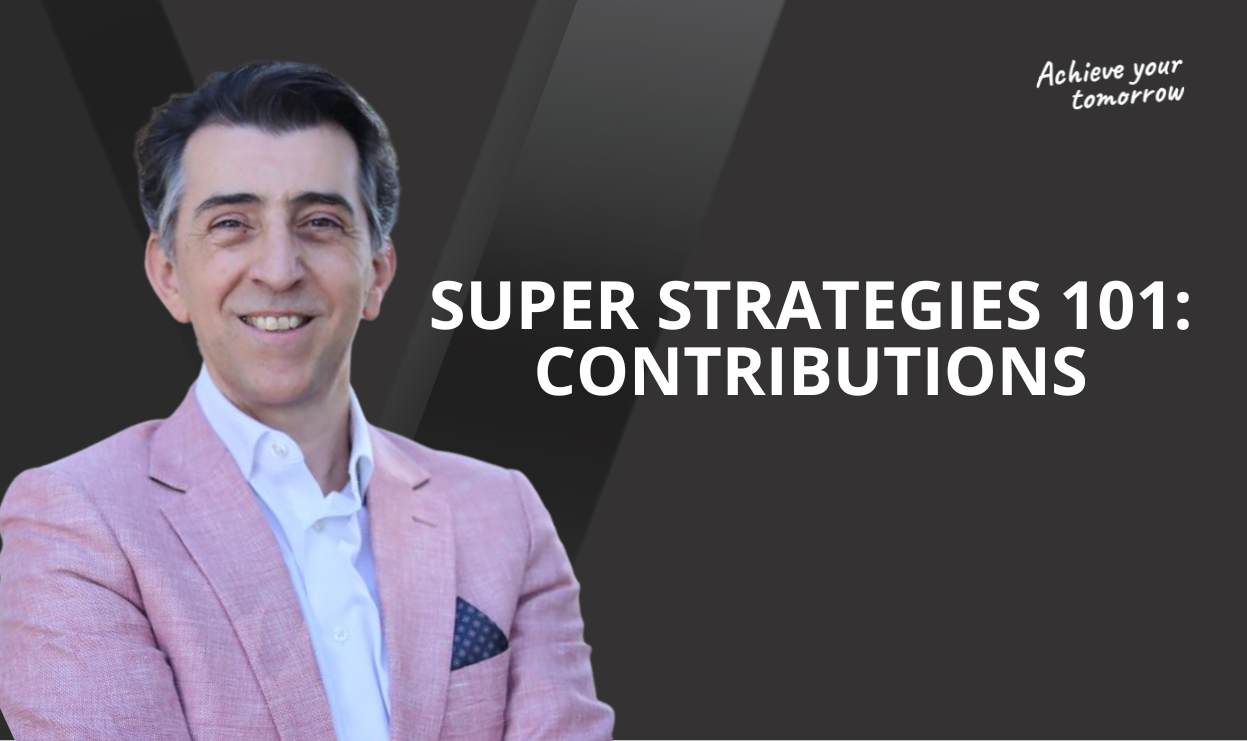

The decision to pay down a mortgage or invest raises a nuanced question, contingent upon various factors.

The decision to pay down a mortgage or invest raises a nuanced question, contingent upon various factors. In times of rising interest rates, many borrowers find it challenging to allocate additional funds toward their loans.
Yet, for those with accumulated savings or a consistent surplus income, the possibility of making extra loan repayments arises. Some may receive sporadic extra income, such as company bonuses, commissions, gifts, or other windfalls, which could potentially be utilised to reduce debts.
Alternatively, rather than channelling extra income into additional loan repayments, another viable option is to invest the money in alternative assets.
Determining which approach is superior involves navigating a complex landscape. Factors such as personal circumstances, financial goals, risk tolerance, potential cash requirements, outstanding debt amounts, and overall servicing costs (comprising interest charges and fees) play crucial roles.
Reducing the loan amount diminishes monthly repayments, interest charges, and likely shortens the loan term. Conversely, investing surplus funds in other avenues can potentially offset loan-servicing costs over time, provided the net returns from those investments surpass the costs.
For instance, if the average interest rate on a variable rate owner-occupied home loan is 5%, and the net returns from an investment over the same period are 9%, a case can be made for investing surplus funds.
During periods of lower interest rates, such as the 2% rates experienced in 2021, the case for investing often appears more compelling. At that time, the cost of servicing debt was comparatively lower, making it feasible for individuals to allocate extra funds towards investments with the potential for higher returns. With interest rates at 2%, the spread between the cost of debt and potential investment returns was more favourable.
Conversely, as interest rates climb, reaching 6% or higher, the calculus shifts. Higher interest rates translate to increased costs in servicing debt, making the decision to invest versus pay down a mortgage less straightforward. The wider gap between the cost of borrowing and investment returns may diminish the attractiveness of investing surplus funds.
Reducing the amount owed on a loan remains a prudent strategy in a higher interest rate environment. With monthly repayments and overall interest charges escalating, paying down the mortgage not only decreases immediate financial burdens but also mitigates the long-term impact of compound interest.
It's crucial to note that investment returns may fluctuate, potentially being lower or even negative at different points. Predicting future investment returns and interest rates remains uncertain.
Tax considerations add another layer, such as negative gearing deductions for investment property owners. These deductions can significantly impact long-term investment returns from a property. Additionally, there may be tax benefits for individuals with investments outside of property.
In conclusion, the choice between paying down a mortgage and investing is inherently tied to the prevailing interest rate environment. While lower interest rates may make investing a more enticing prospect, higher rates can tip the scales in favour of prioritising debt reduction. Individual circumstances, risk tolerance, and long-term financial goals should all factor into this decision-making process. As interest rates fluctuate, staying attuned to the financial landscape and seeking guidance from a financial adviser can help individuals make informed choices tailored to their specific situations.

When most of us think about building wealth, our minds jump straight to shares, property or superannuation. But there’s a crucial piece of the puzzle that often gets overlooked: insurance.

Superannuation is a key part of retirement planning for Australians, and understanding the different types of contributions can help you make the most of your super.

The past week delivered a tale of two markets. On one side, a reassuring U.S. inflation print and a surprisingly strong labour market report suggested the American economy remains on solid footing.
Stay in the know with the latest updates, insights, and exclusive content delivered straight to your inbox.